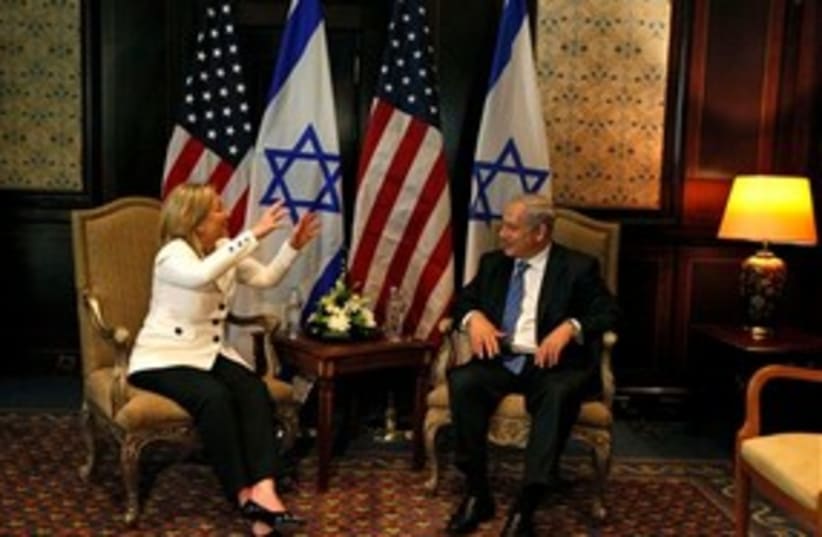PM, Clinton and Abbas discuss freeze in Sharm e-Sheikh
2nd round of peace talks underway in Egypt; Netanyahu, Americans looking for compromise on issue of impending end to settlement construction moratorium after Palestinian threats to end talks if building resumes.
